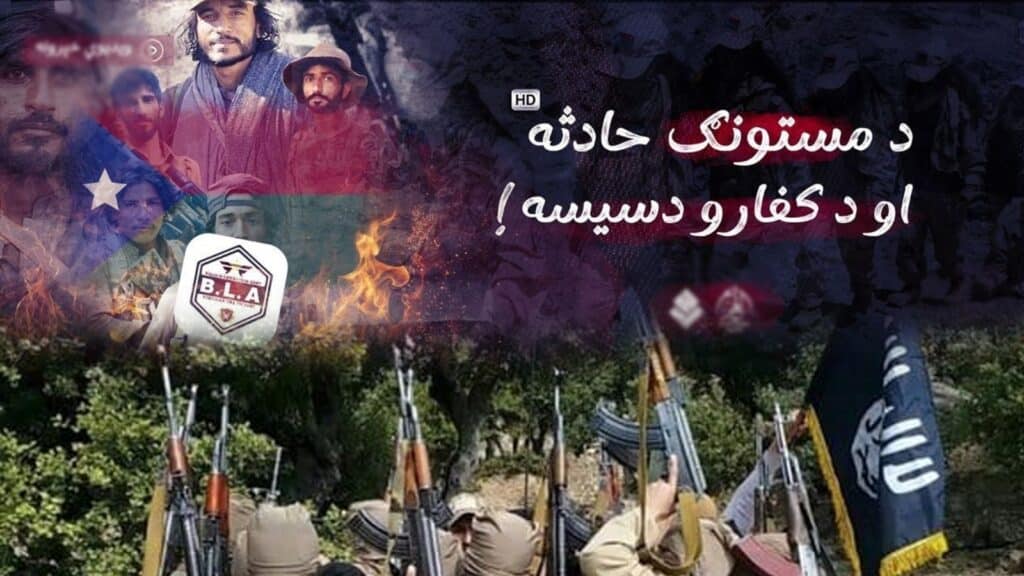For the first time, ISIS-K confirms internal clashes with Baloch insurgents in Pakistan, citing betrayal despite long-standing non-aggression.
Mastung, Balochistan – In a major escalation of intra-militant tensions, the Islamic State Khorasan Province (ISIS-K) has publicly accused the Balochistan Liberation Army (BLA) of launching a treacherous attack on its members in the mountainous region of Mastung, Balochistan. The militant group’s propaganda outlet Al-Azaim Media has confirmed for the first time that several of its fighters were killed by Baloch separatists—and retaliation is imminent.
ISIS-K claimed that despite “deep ideological differences” with Baloch militant groups, particularly those aligned with ethnonationalist separatism, it had deliberately avoided confrontation for years in the interest of a shared enemy: the Pakistani military.
“We never harmed them, despite viewing their cause as misguided. But they chose betrayal over neutrality,” read the Al-Azaim statement.
From Tolerance to Blood Feud: What Sparked the Conflict?
According to ISIS-K’s narrative, the Baloch separatists exploited a moment of vulnerability to ambush ISIS-K fighters, killing them in cold blood. The group denounced the attack as a stab in the back, warning that “the beginning was yours—the end will be ours.”
This marks a stark shift in the unspoken non-aggression pact that existed between Sunni jihadist groups and ethnonationalist Baloch insurgents, who often operate in the same rugged terrains of Balochistan while pursuing divergent objectives.
Public Threats and Civilian Warning
Al-Azaim issued a chilling threat to the Baloch insurgent groups, vowing “inevitable revenge” and urging civilians to stay away from BLA gatherings and camps. The group indicated that it now considers Baloch fighters legitimate targets, regardless of their past neutrality.
“They fired the first shot. We will answer with fire,” the group warned ominously.
Implications for Regional Security
The declaration of hostility between ISIS-K and BLA introduces a new layer of volatility to an already fragile security situation in Balochistan. With multiple armed factions now turning against each other, civilian casualties, displacement, and proxy violence are likely to increase.
Counterterrorism analysts say this development could reshape militant dynamics in the region, potentially dragging both groups into mutually destructive warfare, while complicating the Pakistani state’s efforts to stabilize Balochistan.
The fragile coexistence between ideologically opposed militants in Balochistan has collapsed, as ISIS-K vows to punish the BLA for what it calls an act of betrayal. This intra-militant war could trigger a bloody chapter in the region’s insurgency—one with grave consequences for all.





